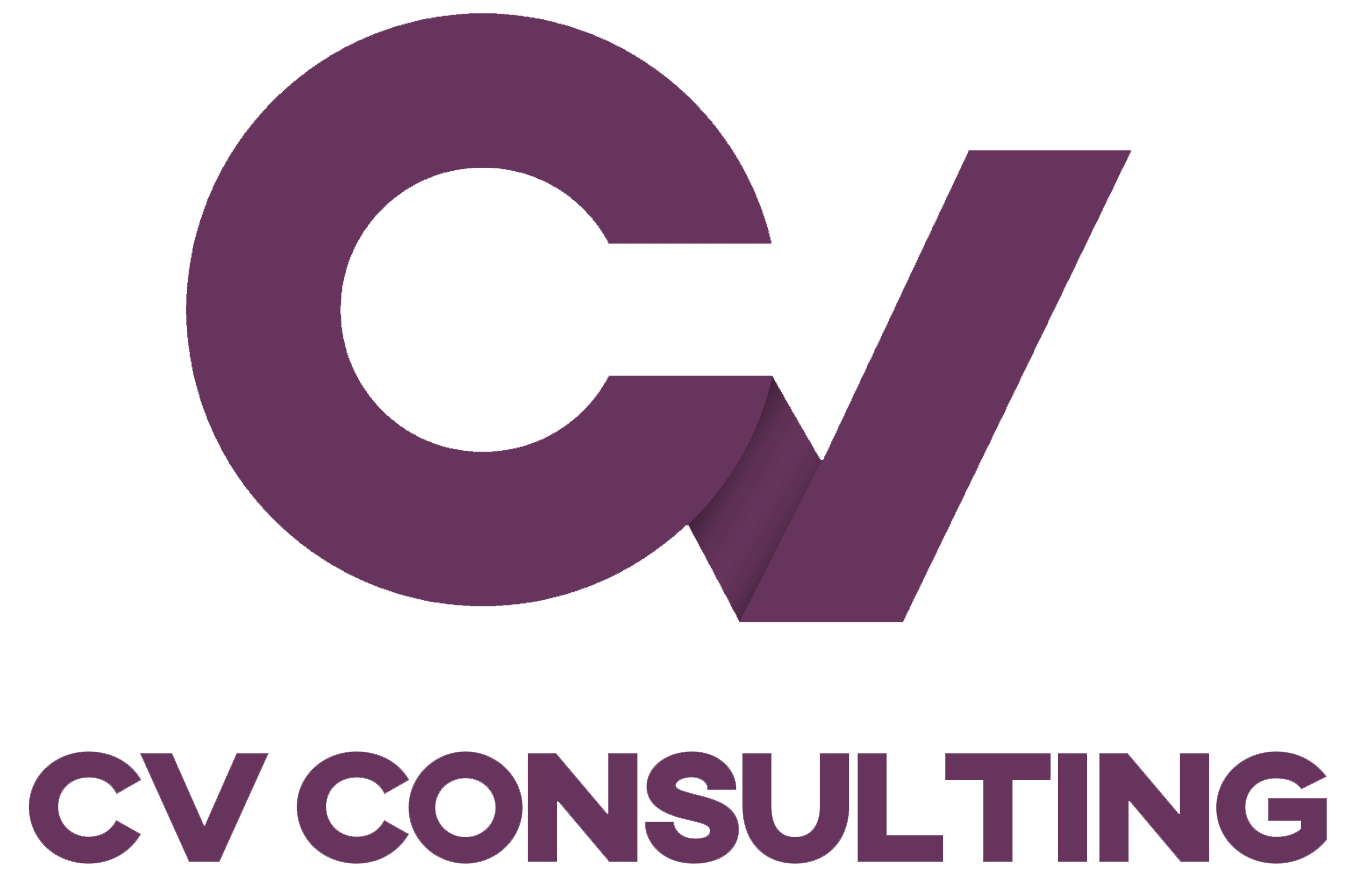Promoting Diversity and Inclusion in the Manufacturing Sector
A diverse workforce offers numerous advantages to employers. However, it is crucial to acknowledge that within the UK, particularly in the manufacturing sector, there exists a pressing need to tackle challenges related to gender, race, disability, and sexuality.
Just 26% of the UK manufacturing workforce is female and 13% from ethnic minority groups, as a report released by Made Smarter shows. The 2021 Make UK survey further echoes the challenges facing the industry, with just 67% of manufacturers implementing or planning a DEI strategy.
Here at CV Consulting, we know how vital diversity is to manufacturing business’ success, and, we’ll outline the benefits of a diversity strategy for manufacturing employers and provide a practical roadmap for diverse hiring.
What is Diversity, Equity and Inclusion?
The term ‘diversity, equity, and inclusion’ (commonly known as EDI or DEI) has become widely used in the UK. However, it’s worth delving into this concept, as it encapsulates three distinct values.
Below is a simple summary of each, according to McKinsey:
- Diversity refers to who is represented in the workforce
- Examples include gender diversity, age diversity, ethnic diversity, physical ability and neurodiversity
- Equity refers to fair treatment for all people so that the norms, practices and policies in place ensure an individual’s identity is not predictive of their opportunities or workplace outcomes
- Inclusion refers to how the workforce experiences the workplace and the degree to which organisations embrace all employees and enable them to make meaningful contributions
Benefits of a Diverse Workforce
Productivity and Performance
Companies in the top quartile for racial and ethnic diversity are 35% more likely to outperform their peers in financial returns, according to McKinsey’s Diversity Matters report. Further, an Accenture study in the US found companies who invested in hiring disabled employees had 30% higher profit margins, 200% higher net income and 28% higher revenues.
Most recently, McKinsey’s Diversity Wins research found the representation of gender diversity was correlated with increased business performance. For instance, companies where more than 30% of the executives are women were “more likely to outperform companies where this percentage ranged from only 10 to 30”.
Innovation and Broad Perspectives
Diverse recruitment practices bring fresh and unique perspectives to teams and organisations. It´s not uncommon for organisations to get caught in a cycle of recruiting from the same talent pool of candidates with similar backgrounds, educations and work histories, which can result in “group think” that harms innovation. This can restrict the opportunity to bring in people who think differently, and can challenge the ‘status quo’.
On the other hand, a diverse workforce promotes collaboration between people with different perspectives, providing avenues to think more creatively. Companies with above-average diversity on their management teams generated 19% higher innovation revenues, according to a Boston Consulting Group study.
Increased Employee Engagement
Employees working in diverse organisations, with an integrated DEI policy and supporting culture, experience higher levels of employee engagement and are therefore likely to stay longer.
For instance, research shows more than two-thirds (68%) of UK workers would consider looking for a job elsewhere if they discovered their employer had an unfair gender pay gap or no diversity, equity and inclusion (DEI) policy.
Access to a Broader Talent Pool
Accessing talent through underrepresented communities can play an important role in tackling skills and talent shortages within the manufacturing industry.
A report by ECITB predicted that by 2026, more than 91,000 Engineers, or 19.56% of the workforce, will have retired or be close to retiring. In addition, 29,000 Engineering Technicians, or 17.93% of the technician workforce, will have retired or be close to retiring by 2026.
Skills shortages of this magnitude mean organisations must adopt diverse recruitment practices to attract, hire and retain employees outside traditional channels.
How to Build a Diverse Hiring Strategy
As you can see, the recruitment process itself is only one part of the process — establishing a culture that lives and breathes inclusivity is the key.
Here are a few practical steps for implementing a diverse hiring strategy in your manufacturing business:
Establish a Clear Vision and Culture of Inclusivity
Leadership commitment sets the tone for your entire organisation. Before you dive into a diversity hiring process, it’s crucial to ensure that your company’s C-Suite is fully onboard with the idea of fostering a diverse and inclusive workplace. A commitment from the top demonstrates that DEI is not just a buzzword but integral to the values and culture of the organisation.
Action Steps:
- Create and publish a DEI mission statement that reflects your organisation’s values
- Engage leadership in DEI initiatives, making it a part of their performance metrics
- Encourage leaders to be role models in embracing diversity and fostering an inclusive culture
Provide Regular Employee Training and Resources
It’s not enough to hire diverse talent — you must also equip your employees to work collaboratively with individuals from varied backgrounds. Regular training and resources help employees understand and appreciate diversity, including different perspectives, experiences and cultures.
Action Steps:
- Offer diversity and inclusion training programmes that cover topics such as unconscious bias, microaggressions and cultural sensitivity
- Create educational resources, such as articles, videos and workshops, easily accessible to your employees
Offer Flexibility
An inclusive workforce means recognising that some employees have different needs and priorities and providing flexibility to accommodate those needs. This can include offering flexible work schedules, remote work options, parental leave and other benefits that promote work-life balance.
Action Steps:
- Develop work policies that allow employees to balance their personal and professional lives, such as four-day work weeks and flexible hours
- Offer remote or hybrid work options for roles that can be performed off-site
- Provide parental leave policies that support new parents
Implement Inclusive Recruitment Practices
Recruitment practices play a pivotal role in creating a more inclusive workplace. In industries where there’s an existing gender skew or underrepresentation, like the manufacturing sector, it’s even more important to showcase your commitment to diversity.
Action Steps:
- Expand your outreach efforts to identify and engage underrepresented talent pools
- Partner with specialist recruitment firms that focus on diverse candidate pipelines
- Prioritise soft and transferable skills over credentials, focusing on what candidates can bring to your team beyond their qualifications
Talk to the Experts in Manufacturing Recruitment
Building a diverse hiring strategy is an ongoing process, but the benefits are undeniable. As your organisation becomes more diverse and inclusive, you’ll tap into a wider pool of talent, foster innovation and create a workplace that attracts and retains the best in the industry.
If you’re ready to create a more diverse and inclusive workplace but would like expert guidance and support along the way, don’t hesitate to reach out to our team of manufacturing recruitment specialists.

